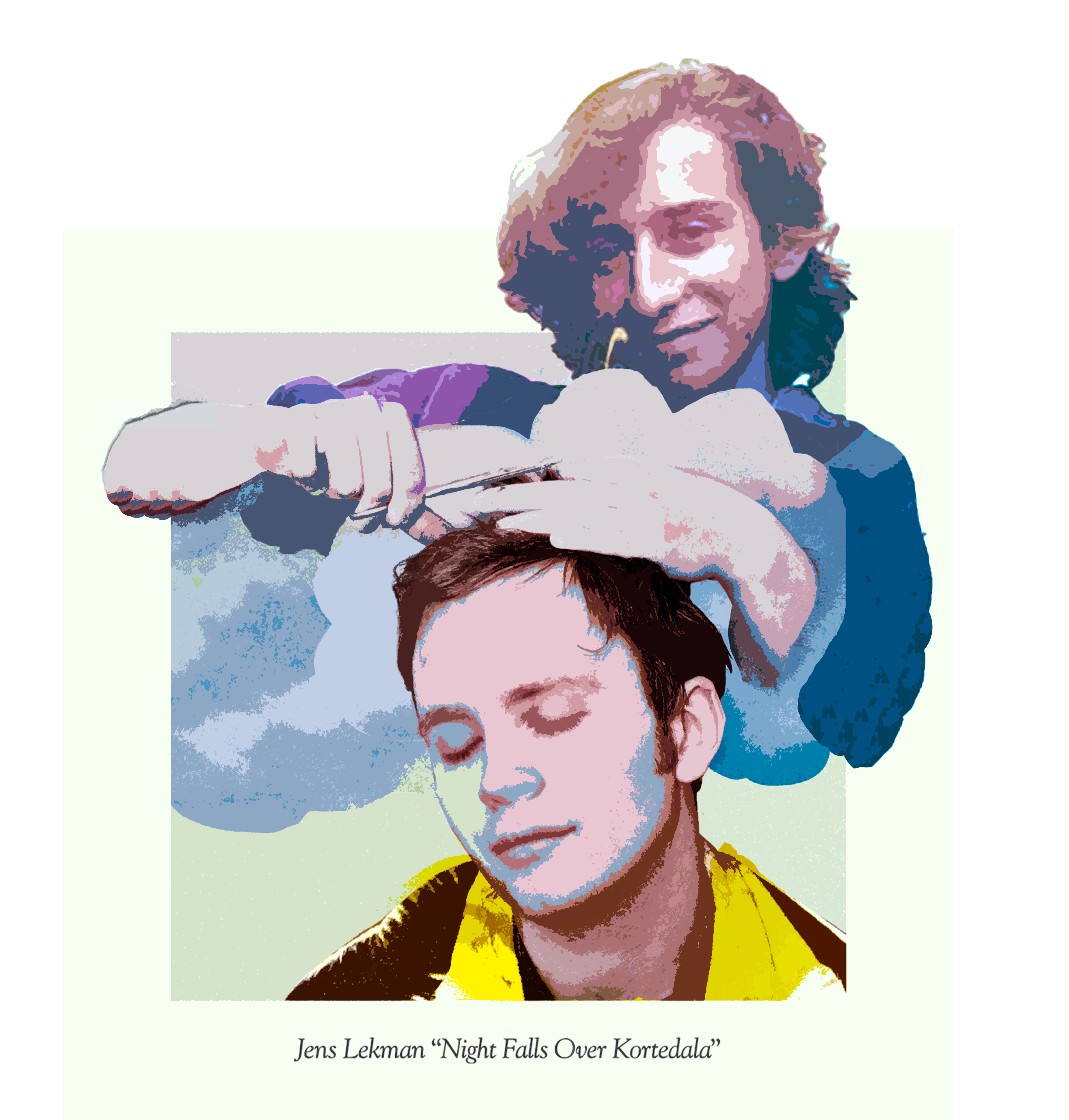
I saw Jens Lekman play at a school auditorium, and I don’t think it could’ve happened anywhere else. This isn’t said out of a deterministic disposition; rather, I find it only fitting that someone who has taught me as much as Jens has should occupy the stage in what was ultimately the most enjoyable assembly I’ve ever taken part in. It might be more accurate to refer to Revolution Hall as a repurposed school, as there’s little academic about the two bars and rooftop deck that share the space with the auditorium. The hallways, however, are still lined with lockers, and the tiled floor still reeks of high school anxiety. It conjured memories of my own days as a nervous high schooler, many of which I spent falling in love with Jens’ records Night Falls Over Kortedala and I Know What Love Isn’t. It’s been five years since the latter was released, and he put out his new LP Life Will See You Now last month. Jens and I have both aged considerably in the interim, but his show at Revolution Hall proved that there’s still quite a bit I can learn from the lovable Swede.
Jens’ support for the evening came in the form of singer/songwriter Lisa/Liza (real name Liza Victoria), recently arrived from Portland, Maine. The young couple sitting next to me “looked up the Pitchfork review and they gave her an eight,” so while I wasn’t expecting a Best New Music-worthy performer, there was hope that I could enjoy her set while still preserving my carefully cultivated indie cred. Unfortunately, her hushed folk crooning left me a bit let down by the overlords at Pitchfork Media (if the young couple sitting next to me are to be trusted). While Victoria’s voice was captivating and her songs seemed strong enough melodically, I was lost early on thanks to the unwavering fingerpicking that, no matter how quiet she got, never seemed to dissipate.
Lisa/Liza kept her set at a modest length, however, and shortly after her last song Jens took the stage, acoustic guitar in hand. With an endearing smile on his thin, pale face, he kicked off the set solo with three tracks from the new record.
“I like growing old with you guys,” Jens mused after asking how many of the crowd had seen him in the past. From the size of the audience’s reaction, it was clear that much of Revolution Hall had a similarly sentimental relationship with his music to mine. Thankfully for myself and the other hopelessly nostalgic concert-goers, the setlist went on to include tracks from even the earliest days of his music.
Before launching into older favorites, however, Jens was joined by an amazing all-female three-piece that fleshed out the music considerably, beginning with Life Will See You Now single “What’s That Perfume That You Wear?” It was during this song’s steel drum-filled chorus that much of the seated crowd first sprung up to dance, which Jens observed with a warm grin and nod of the head. Before long he was shimmying across the stage himself, channeling the youthful enthusiasm of his oft-noted influence Jonathan Richman. More and more of the audience rose as the band played Kortedala classics “Sipping On the Sweet Nectar” and “The Opposite of Hallelujah,” at which point it became clear that we didn’t really need those seats to begin with.
The rest of the band’s 16-song set was a mix of more of the new material, I Know What Love Isn’t’s title track and several songs from his 2005 compilation Oh You’re So Silent Jens. Though the audience was clearly thrilled to hear Jens’ earliest hits, it was when he played Kortedala cut “A Postcard to Nina” during the encore (the first of two, that is) that Revolution Hall felt most alive.
“There are troubling times, so take care of each other, look after each other, and don’t let anyone stand in your way.” With that brief but powerful advice, Jens and the band brought the set to a triumphant conclusion, at which point there wasn’t a chair in the entire auditorium actually being utilized. Throughout “Postcard to Nina,” as well as “Pocketful of Money,” which Jens played as a second encore, I had a heartwarming realization: roughly four years had passed since the the approximate peak of my initial Jens fandom, and yet his music had remained just as poignant as it was when soundtracking my walk home from high school. Whether this is a testament to the lasting impact of his songwriting or proof that, as he phrases it so eloquently, “the heart’s still a little kid,” I know not. What I am sure of is that if growing old means growing out of musicians like Jens Lekman, I want to preserve the little kid in me for as long as possible.
Subscribe to the Mossy Log Newsletter
Stay up to date with the goings-on at Lewis & Clark! Get the top stories or your favorite section delivered to your inbox whenever we release a new issue.

Leave a Reply